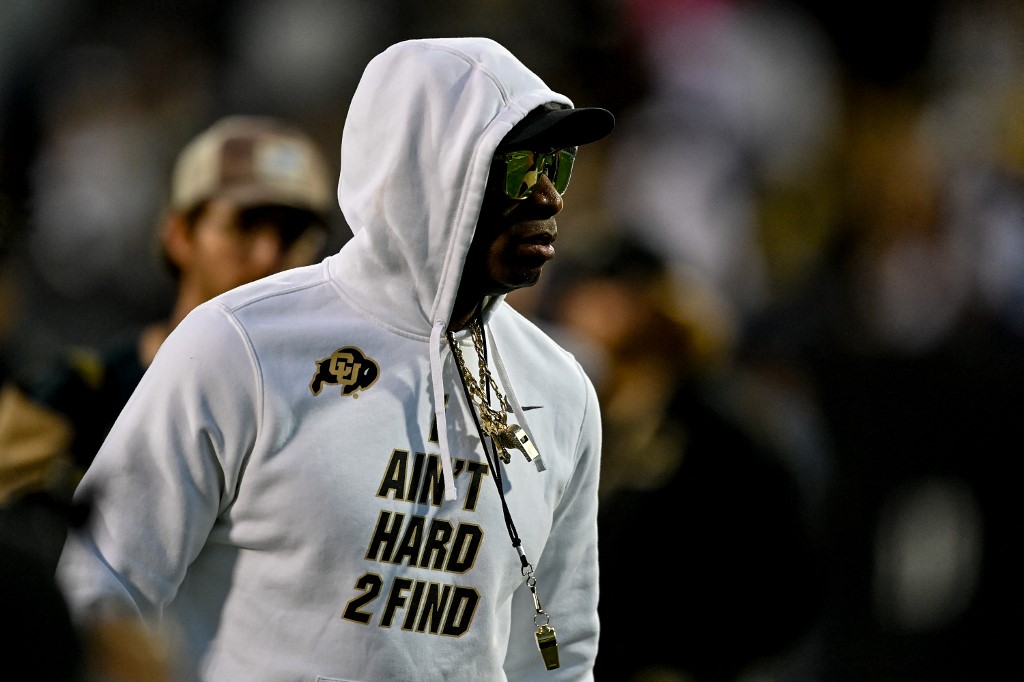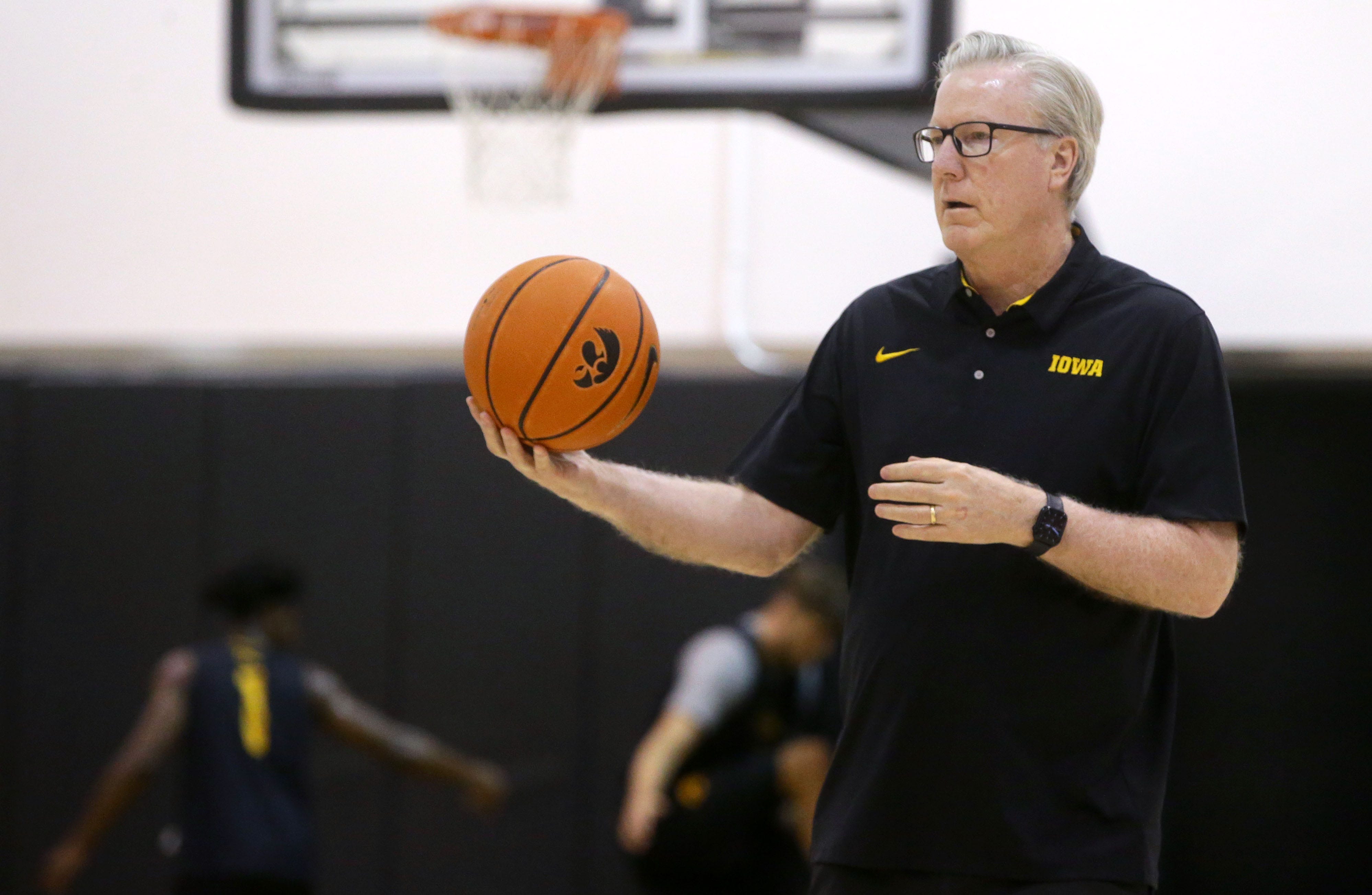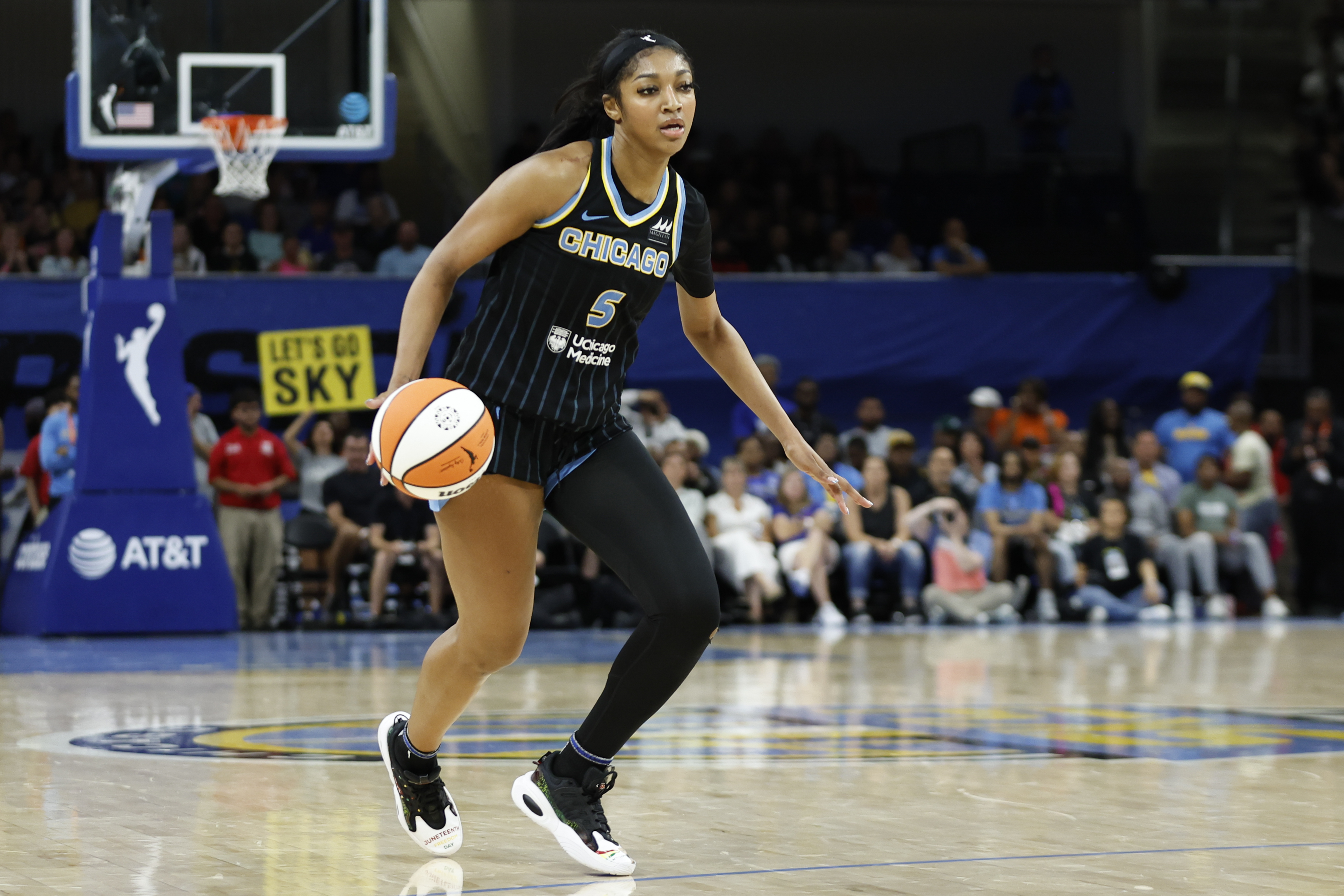Writing Is on the Wall for Colorado Fantasy Pick ‘Em Contests

The regulations governing Colorado Fantasy sports betting providers are still being refined. Following a meeting of the Colorado Division of Gaming on Monday, it appears that pick ’em contests offered by Fantasy sports operators in the state may be at risk.
The distinction between providers and Fantasy operators nationwide is becoming increasingly unclear. Regulators in multiple jurisdictions are beginning to target Fantasy pick ’em contests that allow users to compete against the house on top sports betting apps, rather than against other players.
Colorado regulators seem to be on the verge of joining other states in banning user vs. fantasy provider pick ’em contests in the realm of legal sports betting.
The Fantasy/sports betting provider conundrum
The surge in legal sports betting in America has sparked a growing interest among various sports-related companies seeking to capitalize on the industry’s popularity. Fantasy gaming, in particular, has amassed a substantial following, attracting millions of dedicated participants who engage in weekly and daily fantasy gaming activities.
The question still lingers: where exactly is the distinction between regulated legal sports betting companies, which permit bettors to place wagers against the house, and Fantasy operators, where players compete against each other?
How long will fantasy operators in Colorado continue to offer pick ’em contests, including single and multi-player options?
Regulators in Michigan and New York have voted to ban certain pick’em style games offered by state Fantasy providers. Both states have found that Fantasy operators are providing sports betting opportunities on their sites without adhering to the same regulations, licensing fees, and taxation as legally licensed sports betting providers in their respective states.
The Monday hearing
The Colorado Division of Gaming tried to provide more clarity on Monday regarding the rules and regulations for their Fantasy gaming platform.
The key change resulting from Monday’s hearing was a modification in the rules governing what DFS providers are allowed to offer in the Rocky Mountain State. The rules now prohibit “parlay style wagers that involve stacked wagers on single athletes” and also restrict Fantasy providers from offering wagering opportunities where patrons compete against the providers themselves.
This change, which some find subtle and confusing, specifically targets Fantasy providers in Colorado and restricts what they can offer to users in the future.
Understandable pushback
The hearing on Monday left more questions than answers, causing confusion and disappointment, especially among DFS providers who stand to be impacted by the proposed new rules.
PrizePicks attorney Josh Kirschner expressed his disappointment by stating, “I would honestly lament the shift in the division from being one of the most progressive in the nation for fantasy sports to now one of the most restrictive. The regulations now seem to only recognize fantasy sports up to around 2016.”
Big guns stand to benefit
The top sportsbooks in Michigan, New York, and possibly Colorado are the clear victors. DraftKings and FanDuel, originally focused on daily fantasy sports, will see a boost in their business as they are now able to offer betting opportunities against the house, unlike other DFS providers.
PrizePicks and Underdog, smaller DFS providers with licenses in three states but pending launch, will be at a disadvantage in the betting market from the start.
Affected DFS providers believe that FanDuel and DraftKings are working to restrict the success of pick ’em operators like PrizePicks and Underdog in both legal sports betting states and jurisdictions without legalized sports wagering.
In the end
The DFS/pick ’em controversy is far from over, as the public comment period in Colorado will continue until Nov. 3. A potential ban on pick ’em for DFS-only providers may be implemented after this date.
Currently, it seems likely that Colorado sports betting will follow in the footsteps of DFS providers by implementing restrictions on parlay and pick’em contests, as seen in New York and Michigan earlier this year.







